Guns drawn as Waitangi Tribunal tangle whips up storm
New Zealand is facing a constitutional contest like never before in a matter that has tested the boundaries of Māori political and legal authority, and ignited passionate debate in all directions.
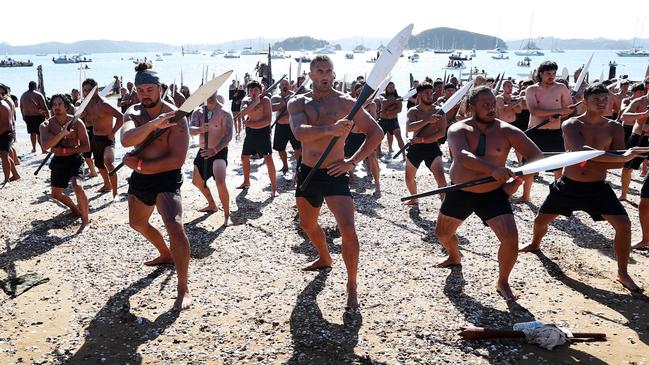
Never before has New Zealand faced a constitutional contest like the one being played out right now.
It has seen a government minister, for the first time, being summonsed to appear before a commission of inquiry enacted by country’s leading institutionalised Māori authority, the permanent commission known as the Waitangi Tribunal, to answer questions about soon-to-be introduced legislation.
The battle lines were quickly drawn with the government’s most senior lawyers saying they would not call children’s minister Karen Chhour, the minister in question, as a witness – nor would she produce a written statement in response to the inquiry’s questions, as any and all information on the matter is already available in official correspondence and advice.
To test the summons, Crown lawyers went to the country’s High Court arguing its unconstitutionality.
The court ultimately overturned the summons late Wednesday evening. Chhour was due to give evidence at the tribunal on Friday.
Constitutional showdown narrowly averted, but guns were drawn in a way not yet seen in New Zealand.
The matter has certainly tested the boundaries of Māori political and legal authority, and ignited passionate, even hyperbolic, debate in all directions. Claimant lawyers talked in the High Court about denuding the tribunal’s ability to hold the government to account, at one point likening the executive branch’s intransigence to the stonewalling of US president Richard Nixon’s administration during the infamous Watergate political scandal in the 1970s. Crown lawyers talked about the move effecting a gross restriction on a government’s ability to function.
The matters also raised the heckles in some quarters of the coalition government, causing two senior members to openly question whether it’s time to sacrifice the Waitangi Tribunal, that most sacred cow of Māori authority since 1975.
At the heart of this unprecedented stress-test of constitutional practice was the extraordinary summons of sitting government minister.
Before now, ministers have voluntarily provided information to the Waitangi Tribunal to inform it’s investigation and findings. During its 2021 inquiry into the country’s Covid -19 pandemic response to Māori, then Covid-19 Response Minister, and now opposition Labour Party leader Chris Hipkins, submitted an affidavit about minimising the infection risk for unvaccinated Māori.
But never before as a minister been directly to summonsed to give information until Chhour got hers.
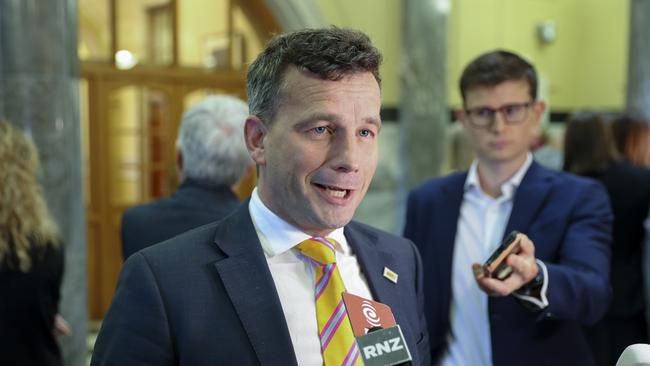
She was asked to give evidence into the proposed changes she is championing to the Children’s and Young People’s Well-being Act 1989, commonly known in its Māori language form as the Oranga Tamariki Act.
Under Chhour’s charge, the government next month aims to introduction legalisation to repeal a section of the Oranga Tamariki Act that obligates the agency responsible for managing children in the state’s care to demonstrate adherence to a child’s Māori heritage and prioritise that child’s affiliation with their ‘iwi’ – most commonly translated a Māori tribe.
Chhour, an ACT party member of the coalition government, claims the section as written could remove children in state care – around 60 per cent of which are Māori – solely on the basis of their Māori heritage.
“Section 7AA has led to Māori children being uplifted from loving homes due to the ethnicity of the carers. The tribunal seems to think that’s OK. I call it race fanaticism”, says ACT Party leader David Seymour.
Opponents claim the repeal will not only diminish the unique rights of Māori children under the principles of the Treaty of Waitangi – the country’s founding document signed in 1840 between the Crown and indigenous Māori – but will alienate them from their culture within the state’s system of care.
The Waitangi Tribunal’s core role is to investigate claims of potential breaches in the treaty. Any person of Māori descent can lodge a claim, as a number of iwi have done so in this particular case.
The tribunal’s purview is limited but not insignificant. It can issue findings on a claim and make recommendations, though these are not binding on parliament and thus cannot materially impact legislation, even if a treaty breach is detected. Those outcomes can, however, do a number of things.
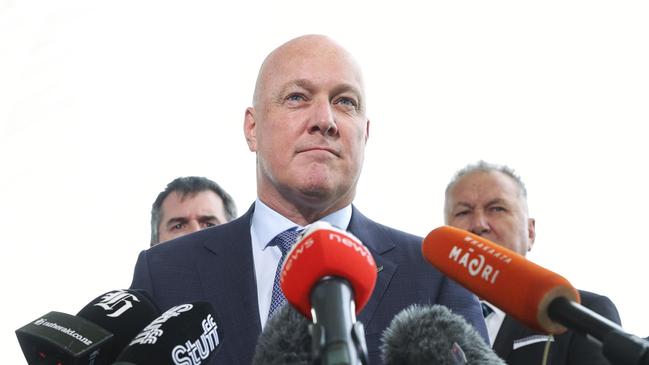
They can affect public option, enter evidence into record, and stimulate current or future governments to make legislative change. For example, the tribunal’s findings of inefficiencies impacting Māori in the public health system heralded a dedicated Māori Health Authority, while its work helped the Māori language – te reo Māori – become an official language in 1987.
The most public display of the tribunal’s work since its inception has been informing various Treaty of Waitangi settlements to provide historical remedies for affected iwi by the Crown.
While he praised the treaty settlement process and acknowledged promises and obligations made in the treaty haven’t always been upheld by the Crown, Luxon wants to see all settlements completed by 2030.
Though manned by sitting judges, the Waitangi Tribunal is not a court. But as a commission of inquiry, under New Zealand law it can legally furnish any information it requires to and order witness to appear before it to inform its findings. Even so, it rarely uses these powers. But in this case, the appointed presiding officer of the special inquiry, a Land Court judge, argued that because the decision to repeal is political – openly campaigned on by the ACT party and cemented into its coalition agreement with Luxon’s National Party – the minister herself is the indispensable actor, rather than officials who typically submit to the tribunal instead on such matters.
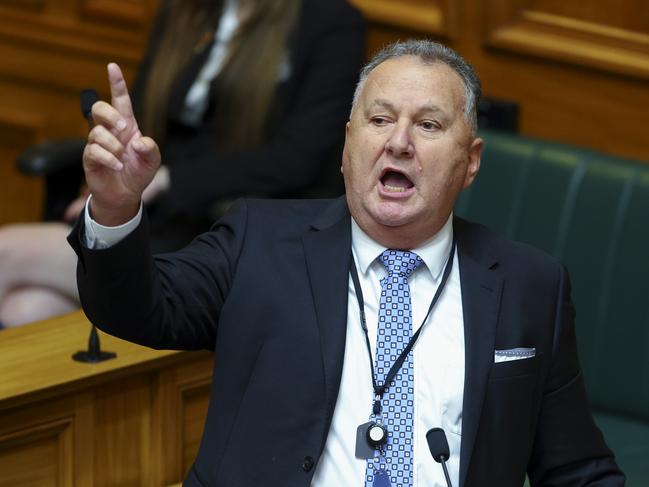
The unprecedented Chhour summons predictably outraged Seymour, who publicly questioned the very existence of the tribunal.
“No wonder some people think they’re past their use-by date. Perhaps they should be wound up for their own good”, he says.
Luxon’s other junior coalition party, New Zealand First, also jumped eagerly into the ring. The party’s deputy leader Shane Jones fumed that in summoning his cabinet colleague the tribunal had overstepped its authority and he looked forward to reviewing its mandate as part of his party’s coalition agreement.
“The Waitangi Tribunal has no business running its operations as some sort of star chamber delivering summons for ministers to rock up and be cross-examined or grilled,” Jones says.
This equally unprecedented criticism, somewhat threatening, about the validity and future of the Waitangi Tribunal, prompted Luxon to turn down the heat. And yet, while he publicly chided his colleagues for their “ill considered” comments, the prime minister pointedly noted that his government will think about the future role and scope and purpose of the Waitangi Tribunal in a post-treaty settlements world.
For a government that is already looking to wind back what it asserts was an excess of Māori-adherence in the public square by previous Labour administrations, including an overindulgence of te reo Māori in government communications – this constitutional tangle with the Waitangi Tribunal could quicken the winds of change.
That could cause quite a storm.

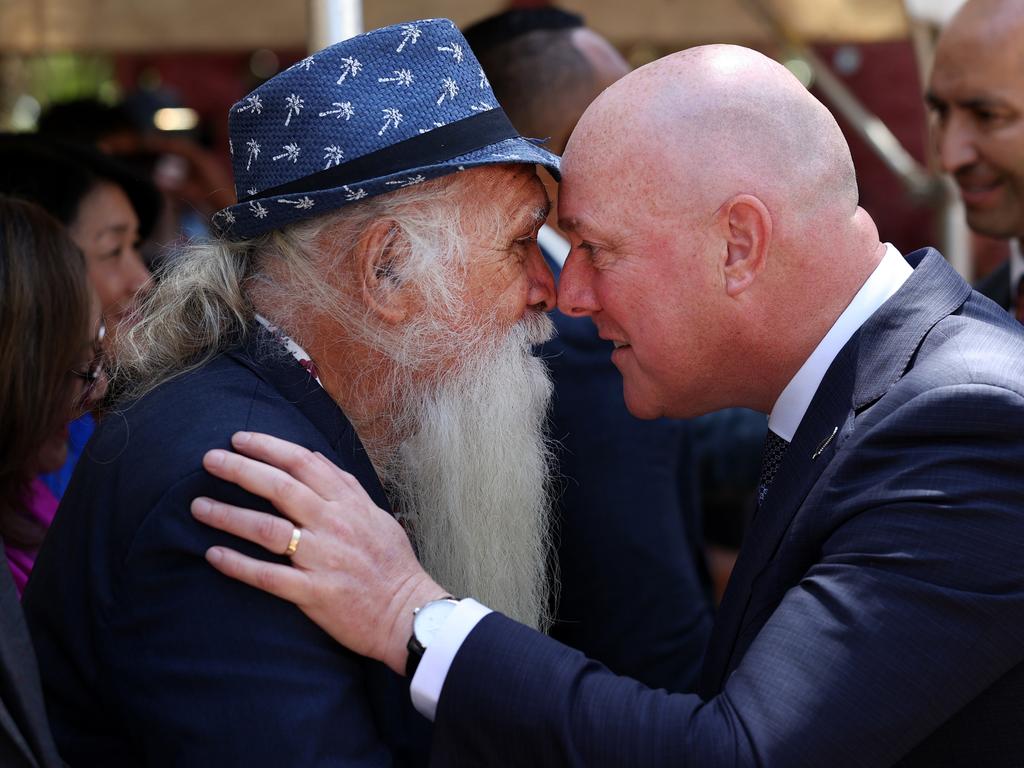


To join the conversation, please log in. Don't have an account? Register
Join the conversation, you are commenting as Logout